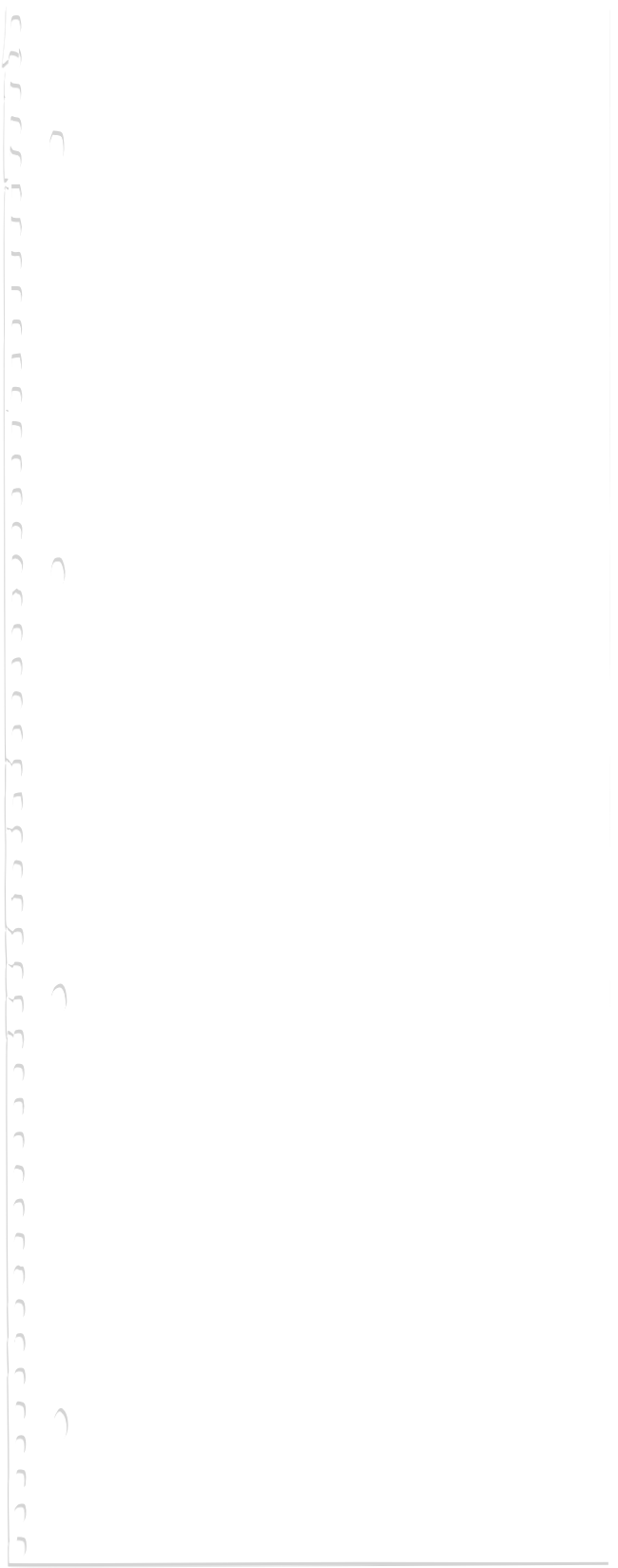

9th January 1990 |
When transmissions resumed after a three day silence for engineering work, there was a significant increase in power to 4Kw, giving the station a much improved signal range of about 300 miles. |
|
9th May 1990 |
A clause, (Clause 159), is added to the Broadcasting Bill then before the British Parliament significantly amending the Marine etc. Broadcasting (Offences) Act 1967 to allow the Royal Navy and the Army to board offshore radio ships and use "reasonable force" to make arrests and seize equipment, with immunity from prosecution or claims for damages. |
|
19th May 1990 |
Spectrum Radio in North London, which had been officially allocated the 558kHz frequency used by Radio Caroline started test transmissions. Radio Caroline broadcast a statement to explain to listeners the possible cause of interference to its signal. |
|
29th May 1990 |
Spectrum 558 announced that its planned opening on 1st June had been postponed and that it was taking legal action against the IBA for breach of contract and loss of advertising revenue. |
|
31st May 1990 |
The IBA agreed to allocate Spectrum an additional frequency and in return, Spectrum dropped the breach of contract action, but sought compensation for money spent publicising the 558kHz frequency. |
|
June 1990 |
Solicitors Richards Butler, acting for Radio Caroline, wrote to the Department of Trade, (the owners of the Landward) and the Dutch Embassy in London advising that their clients were seeking compensation for actions taken against the Ross Revenge in August 1989. |
|
25th June 1990 |
Spectrum Radio started official transmissions on both 558kHz and 990kHz and at 2.00pm Radio Caroline's signal began to be badly affected. Shortly afterwards Radio Caroline announced that it would be going off the air for transmitter and aerial work to be carried out and the station closed at 2.30pm. It was to remain silent until July, when some short test broadcasts were made. |
|
July 1990 |
Information came to light about the validity of the registration of the Ross Revenge in Panama. |
|
19th August 1990 |
At 3.00pm Radio Caroline opened again on 558kHz, for an hour and a half long special programme, "Remember the Raid", dedicated to everyone who was on board the Ross Revenge on that date the previous year when the radio ship had been raided and silenced by the Dutch and British authorities. |
|
10th September 1990 |
At 6.00pm regular transmissions recommenced from Radio Caroline on 558kHz, operating a twelve hour overnight service, although the signal still suffered interference from Spectrum Radio's broadcasts. |
|
14th September 1990 |
The transmitter was switched on at 2.00pm to announce that the Ross Revenge was being circled by a vessel, the Landward, and DTI officials on board were taking photographs of the radio ship. Anxious DJs, fearing another possible raid, kept Radio Caroline's transmitter on air throughout that night in case they needed to make emergency announcements for assistance. |
|
16th September 1990 |
During the overnight transmissions a message was broadcast every half hour saying that Radio Caroline would be voluntarily closing down at midnight to enable 'positive steps' to be taken for the station to continue in the long term. |
|
4th October 1990 |
Radio Caroline returned to the air, this time on 819kHz, with intermittent carrier signals and test transmissions containing station identity announcements. |
|
6th October 1990 |
A full service of Radio Caroline programmes started at 6.15am, but there were a number of early closedowns and by mid October transmissions were ending at 6.00pm each evening for technical work to be carried out to try and improve signal strength. |
|
October 1990 |
Richards Butler informed the Caroline Legal Fund that they felt any allegations that the Ross Revenge was not registered could be defended, but at considerable cost. |
|
1st November 1990 |
The Broadcasting Bill received the Royal Assent and (despite attempts to introduce amendments by some members of the House of Lords) its provisions, including the infamous Clause 159 amendment to the Marine etc. Broadcasting (Offences) Act, were set to come into effect on 1st January 1991. |

















